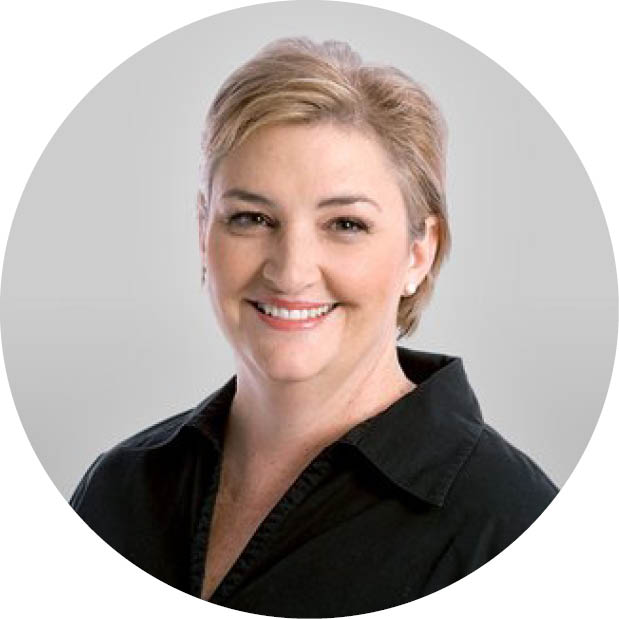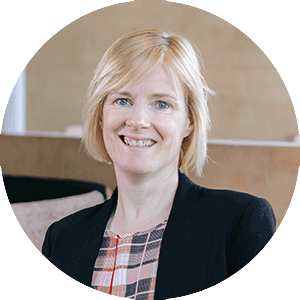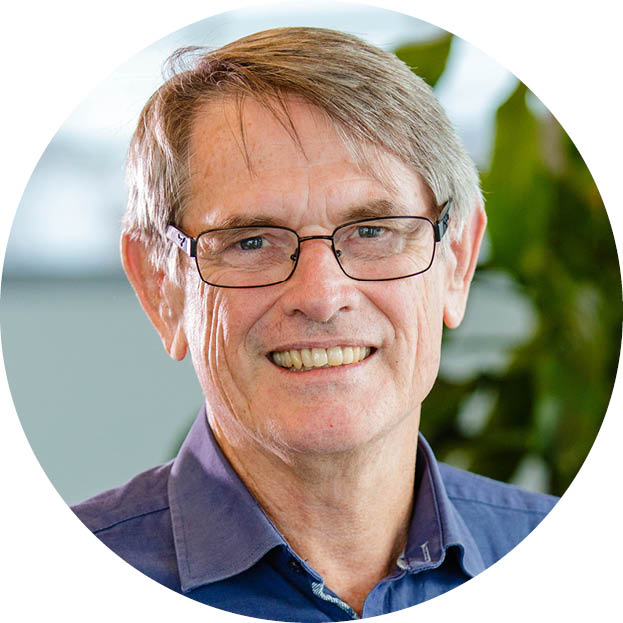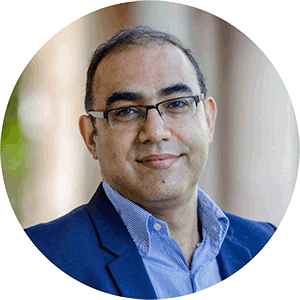Five Australian states have passed Voluntary Assisted Dying (VAD) legislation, allowing people suffering specific conditions to choose the timing and circumstances of their death – but is it the 'solution' to current end-of-life care shortcomings?
During this event, The Centre for the Business and Economics of Health (CBEH) unpacks ethical and legal commentary surrounding VAD, as well as identifying the logistical and economic implications surrounding end-of-life care now, and in the future.
Discussion topics
1. Common misconceptions and alternatives
Options for end-of-life care in terminally ill patients:
- What is the difference between VAD and palliative care?
- Why VAD is only one piece of the puzzle.
- Why care should start earlier in terminally ill patients.
2. End-of-life care and economic impacts
Current end-of-life care failings and economic inefficiencies:
- What does end-of-life care cost?
- What’s the burden of ineffective care to society?
- Government funding – what does it look like now and what are the plans for the future?
3. Planning for a world with Voluntary Assisted Dying
How might VAD impact the relationship between care and economics:
- Decision options, out of pocket expenses and implications.
- How might equity be addressed?
- How might ethical matters be navigated?
Facilitator
 Kelly Higgins-Devine
Kelly Higgins-Devine
Kelly Higgins-Devine is the current state-wide Evenings presenter at ABC Radio. Commencing her career with ABC in 1999, after spending a number of years in commercial radio, Kelly has worked across most facets of broadcasting from reporting and news reading to presenting local radio programs.
Panellists
 Professor Brenda Gannon
Professor Brenda Gannon
Professor Brenda Gannon is a Professor in the School of Economics and an Affiliate Professor in the Centre for the Business and Economics of Health at The University of Queensland. She is also an affiliate member of CEPAR (ARC Centre for Research Excellence in Population Ageing Research). Professor Gannon will speak about decision options for people accessing end-of-life care and opportunity cost. She will also unpack how an ageing population will impact end-of-life care, how equity might be addressed with the introduction of VAD, and how ethical matters might be navigated in the future.
 Emeritus Professor Geoff Mitchell
Emeritus Professor Geoff Mitchell
Geoff Mitchell was a Professor of General Practice and Palliative Care at The University of Queensland for many years before retiring in 2019. With a continued relationship with the University as an Emeritus Professor, researcher, and mentor, he is well placed to speak about VAD and palliative care. Throughout his career, Professor Mitchell's main research centered around the role of general practice in the management of chronic and complex conditions, and how best to integrate this with specialist care. As an expert in end-of-life options, Professor Mitchell is well versed in what the health care system should expect in years to come and what's currently lacking.
 Associate Professor Haitham Tuffaha
Associate Professor Haitham Tuffaha
Associate Professor Haitham Tuffaha is a Principal Research Fellow at the Centre for the Business and Economics of Health (CBEH). He leads the Health Technology Assessment and his research involves the economic evaluation of health interventions. During this event, Associate Professor Tuffaha will unpack best-delivery end-of-life care, current failures and their impacts – including the subsequent cost to society. He will explore cost-effectiveness and how we should improve palliative care in the future to ensure patients not only receive the best care they deserve but that it is also delivered efficiently and economically.



